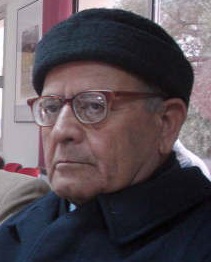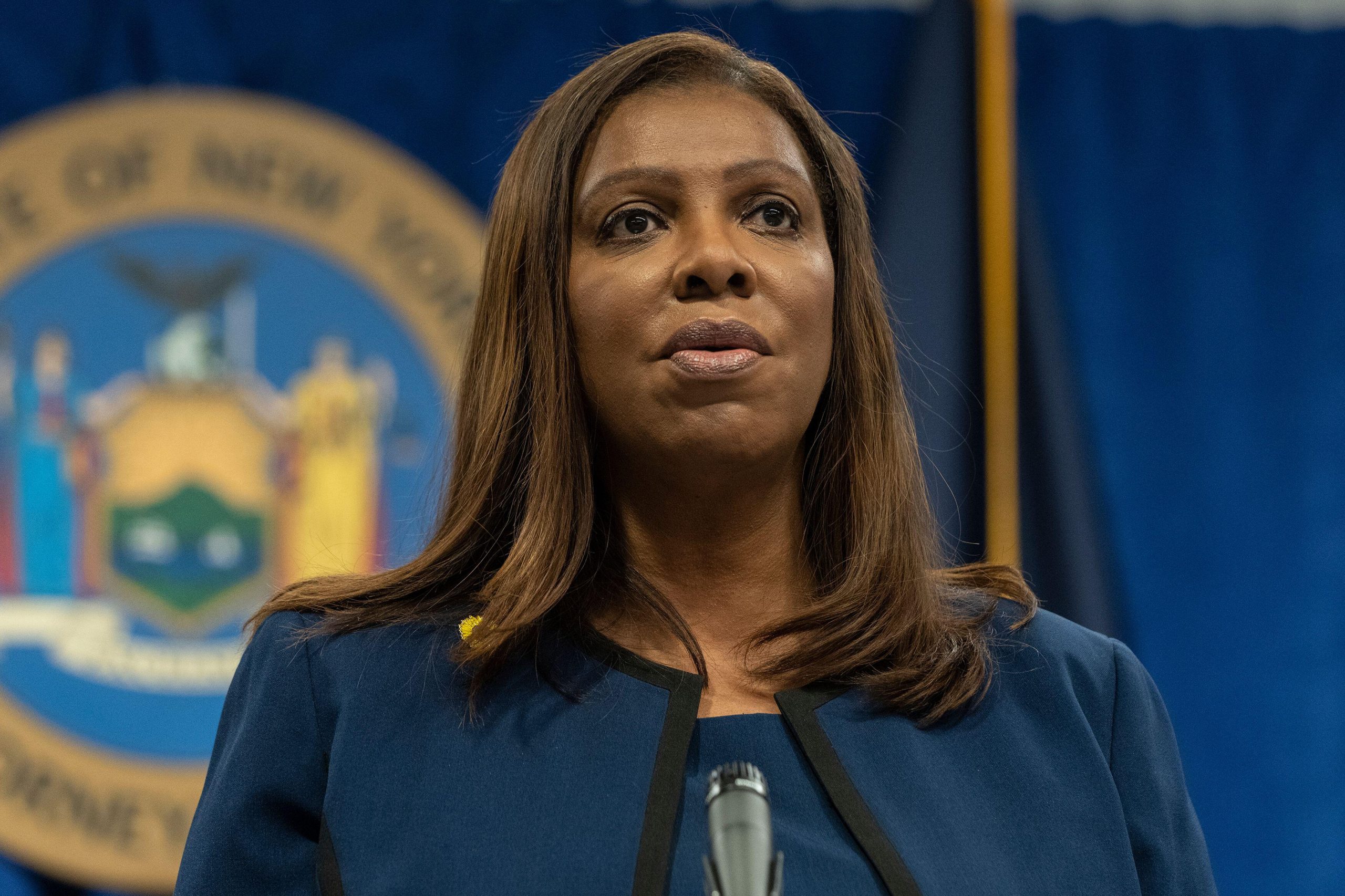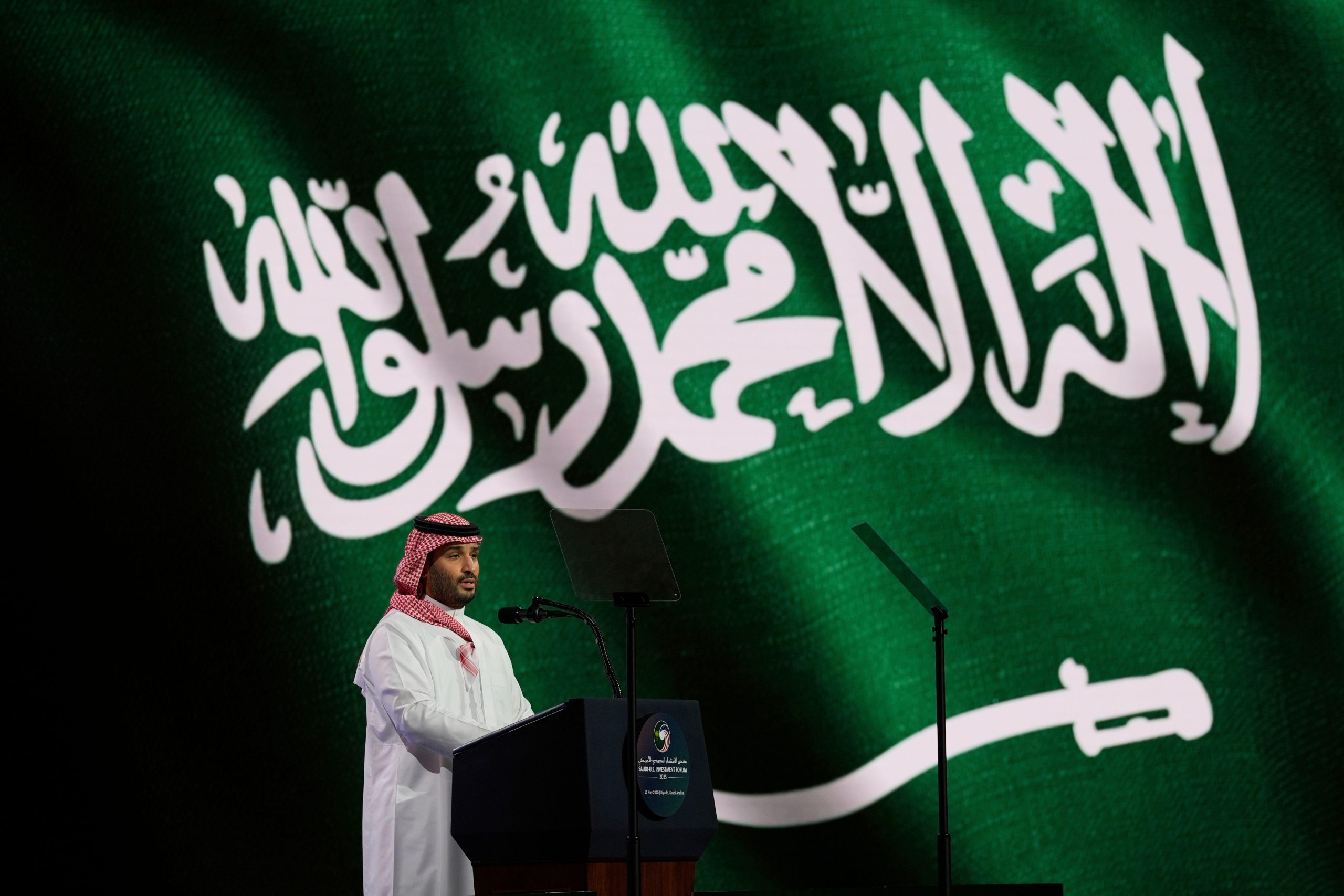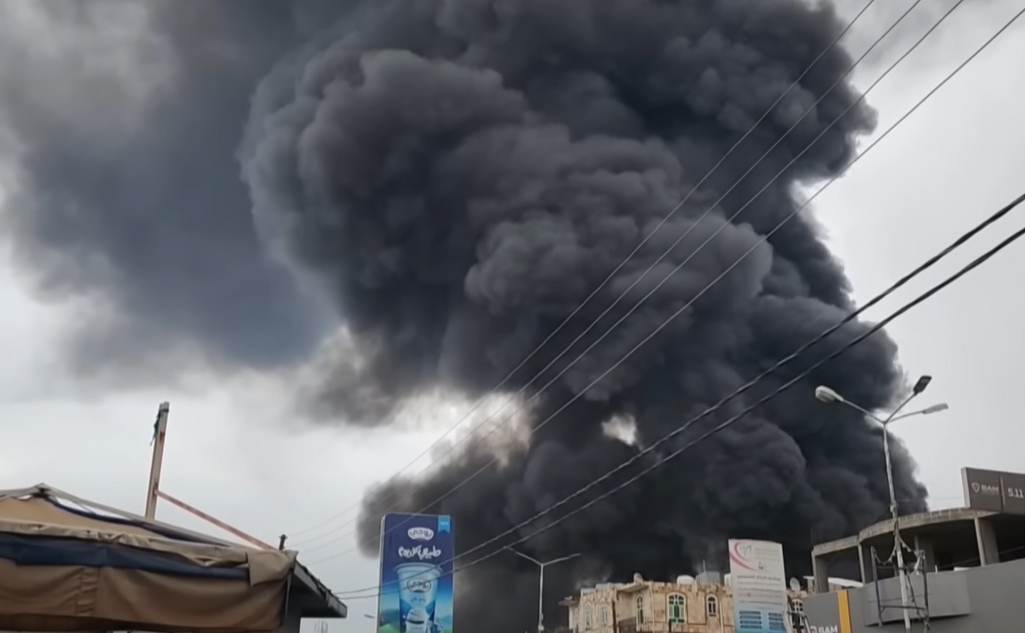 The murder of Shahab Al-Tamimi highlights the difficulties faced by Iraqis trying to build a free press and civil society, say Dave Anderson and Gary Kent
The murder of Shahab Al-Tamimi highlights the difficulties faced by Iraqis trying to build a free press and civil society, say Dave Anderson and Gary Kent
Are we becoming inured to the murders of journalists and civil society leaders in Iraq? The outcry is minimal when another brave figure doing his patriotic duty at some considerable risk is deliberately targeted and murdered.
Journalists are regular targets for the insurgents and criminal gangs, and some have been killed by US forces. In 2007, 25 journalists and media assistants were kidnapped in Iraq; 208 reporters have died on duty since 2003.
The latest victim of what is almost certainly a strategy of terror and decapitation of the political leadership of the new labour movement is 75 year-old Shahab Al-Tamimi, the leader of the Iraqi Journalists’ Union since 2003.
He was seriously wounded in a gun attack by three masked men on 23 February, following a meeting of the union leadership in the north Baghdad district of Al-Waziria. He died of his injuries five days later. Al-Tamimi’s son Rabei was also in the car and was injured in the attack.
TUC General Secretary Brendan Barber said: “This latest attack upon Iraqi trade unionists is a reminder that the main force for a secular, democratic and non-sectarian Iraq — the trade union movement — is under threat. Meanwhile, the Iraqi government continues to persecute trade unionists when it should be protecting and supporting them.”
Since the overthrow of Saddam Hussein in 2003, free media and civil society in Iraq have blossomed, but they still face major problems. Decades of totalitarianism will take time to overcome. Saddam’s fascist-type regime banned free unions and set up official unions. The recently convicted war criminal Ali Hassan al-Majid (“Chemical Ali”) — a leading figure in the “Anfal” genocide against the Iraqi Kurds in which 182,000 men, women and children were murdered — was also a leader of these Ba’athist unions.
These yellow unions were a transmission belt for the Ba’ath’s repressive apparatus. The very term “union” came to scare many ordinary Iraqis.
However, the new and independent unions are trying to play their part in organising workers and making a contribution to building a federal, democratic and pluralist country which can use its oil wealth to fund social justice.
Sadly, the unions don’t just face murderous assault; Saddam’s anti-union laws also remain in force. His ban on public sector unions from 1987, Decree 150, still applies. New restrictions have been added by ministries governing transport and oil. Union funds were frozen under Decree 8750 of August 2005 although some international and national unions have been conducting invaluable work in training union organisers.
The assassination of the leader of the Journalists’ Union, most probably by sectarian militia or former secret policemen, is a deliberate attempt to crush the media and the labour movement and discourage people from taking part in civil society.
Dave Anderson MP and Gary Kent. Dave Anderson is Labour MP for Blaydon and Joint President of Labour Friends of Iraq. Gary Kent is Director of Labour Friends of Iraq and a member of the NUJ but writes in a personal capacity





